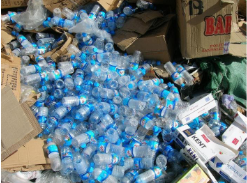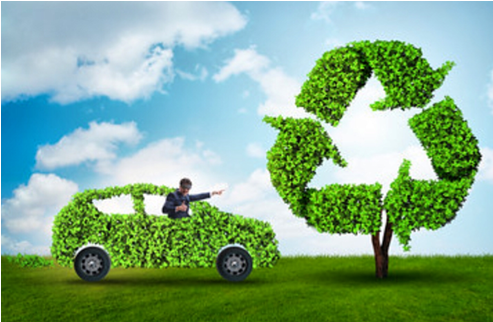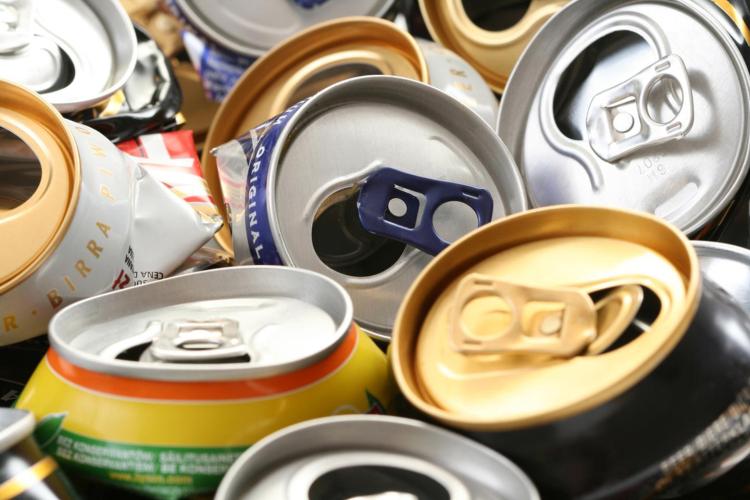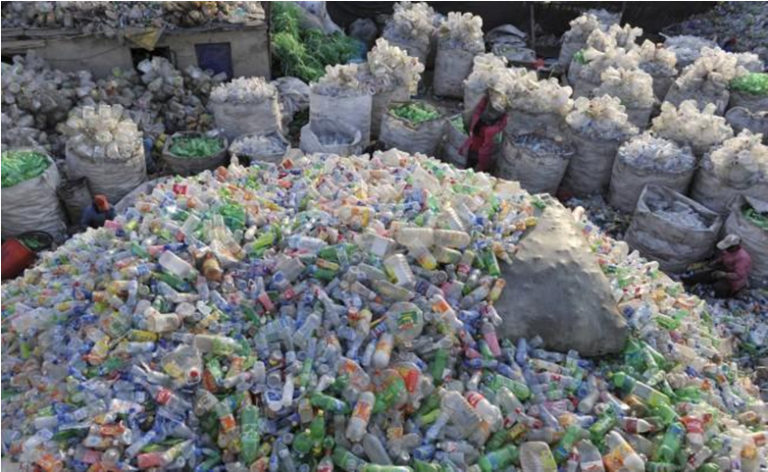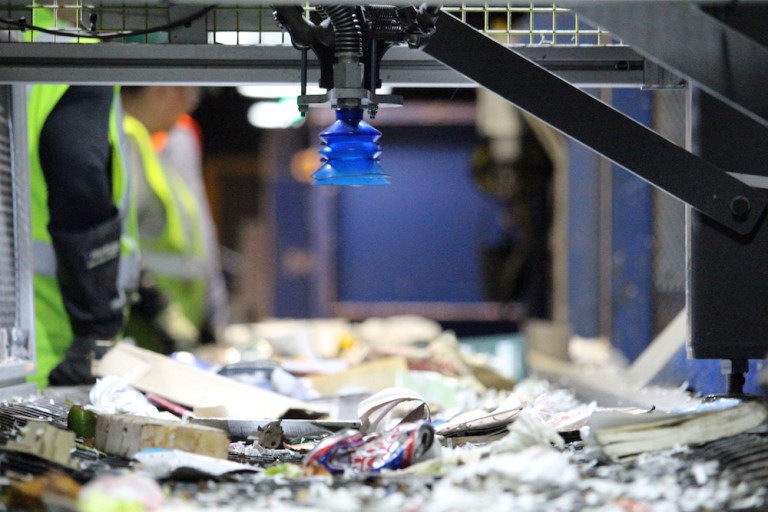How to recycle old batteries and rechargeable batteries
Today we will talk about how energy sources such as accumulators, batteries, etc. are recycled. Can we dispose of them in the ordinary rubbish bin together with all household waste? The answer is certainly no. The substances that make them up are too dangerous to be treated lightly.
And as the electric car sector grows significantly in the 21st century, the question of how to deal with already used energy sources is becoming increasingly pressing. This is a topic of great importance for our future and that of our planet. So let’s look at some important issues related to this.
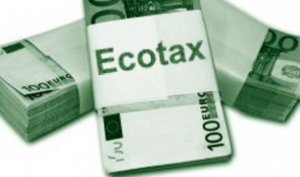
Why is it important to be careful when disposing of batteries and accumulators?
First of all, let’s look at the reasons why we should take care of how we handle these products. They contain heavy metals that are toxic and when in contact with soil and water can cause enormous damage to nature, human health and species diversity. These elements include mercury, lead, cadmium, nickel, lithium, cobalt and many more. etc.

In addition, each car battery contains a solid amount of plastic, which is also recyclable. In addition to poisoning the environment when disposed of, even their production process can also seriously damage it. That is why it is much more useful to reuse as many of them as possible.
Also each battery contains an electrolyte, which in the corresponding treatment gives water and sodium sulfate, applicable in a number of industries. For this reason, special recommendations and legal procedures have been developed in different countries, which we must follow when disposing of them.
Usually containers for collecting used batteries are placed in different places in the settlements, which can no longer be recharged. The European Union adopted a directive on accumulators and batteries in 2006, which aims to increase recycling. A percentage of a quarter of batteries used by 2012 is set to complete the full cycle, and their number should increase in proportion in the future.
In Bulgaria the Ordinance for treatment of obsolete electrical and electronic equipment, as well as the Law on Waste Management is in force. Their texts prohibit the free disposal of used batteries.
Manufacturers and traders dealing with batteries owe an eco-fee to the Enterprise for Management of Environmental Protection Activities (EMEPA) to the Ministry of Environment and Water. By being a member of a company that deals with the recycling of energy materials and achieving certain quotas and goals, we can be simplified the duty of this fee.
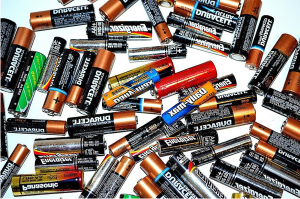
Which materials in the batteries can be reused?
Most types of batteries can be recycled. In some of them the process is much slower, complex and time consuming, and in others – much faster and easier. Examples of easily recyclable material are lead-acid car batteries. They can be reused at about 90 percent.
Rechargeable and reusable are also rechargeable batteries of nickel and cadmium or nickel and zinc, lithium ions. The difference in complexity comes from the fact that in order to recycle materials for them, they must be separated into different elements.
While this is easy to do with lead, in other cases it is not. With lithium-ion batteries, for example, the process is much more difficult, because it goes through many layers of billions of ions.
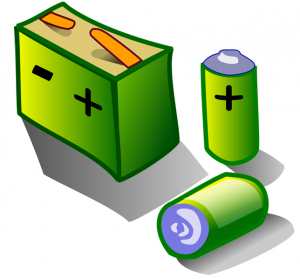
Recycling of toxic substances from used batteries
What is the experience in the world and in our country?
Some developed countries such as Canada, the United States, Japan, the United Kingdom and the Netherlands have already done much to close the cycle in the production, use, disposal and treatment of rechargeable batteries. They also hold the first places for the most active countries in the field worldwide.
Usually there the practice is to build processing stations around the big cities, and there are places for the citizens to collect the old consumables. In this way, people are stimulated to actively participate in the process. Brochures and promotional events are made so that a larger part of the population can be involved.
Batteries are relatively widely recycled in Bulgaria as well. Inquire by searching the internet for the nearest point to you where you can leave your battery for recyclables.

All over the world, in parallel with the efforts to recover raw materials from used batteries, work is being done to extend the life of rechargeable batteries.
It is also essential now that we develop energy sources that can serve us for a long time before they become waste that we need to take care of.
Another aspiration, proclaimed, for example, by the American leading concerns, is that cobalt should be eliminated from the content of the next generations of batteries, or at least its content should be reduced to a minimum. This is a very ambitious goal, given that without cobalt we are doomed to very inefficient and generally very weak batteries for electric cars. However, if we can find a replacement, it would be a great victory for a number of reasons.
On the one hand, this will help protect thousands of people from damage to the lungs, heart and risk of carcinogenic diseases, which are associated with increased cobalt content in the environment.
On the other hand, there are humanitarian considerations related to the concerns of a number of world organizations regarding the violation of the labor and human rights of the miners involved in the extraction of this element. In addition, workers are at risk of inhaling too much cobalt and getting poisoned with it, which is detrimental to their health. These are more of the things that make developed countries want to find an alternative to it.
Where can I recycle old energy sources?
Most battery dealers offer the option to return or replace the car’s old battery for a certain amount. Such points exist in many places. From there the batteries are sent to one of the recycling plants in our country.
So you don’t have to worry about disassembling and handling them, and you’ll also get financial benefits. If you are a company or an individual who wants to issue for recycling a rechargeable battery, you will be compensated with their respective purchase value, or if you are one of the persons subject to the eco-tax to EMEPA, you will be exempted from it.
